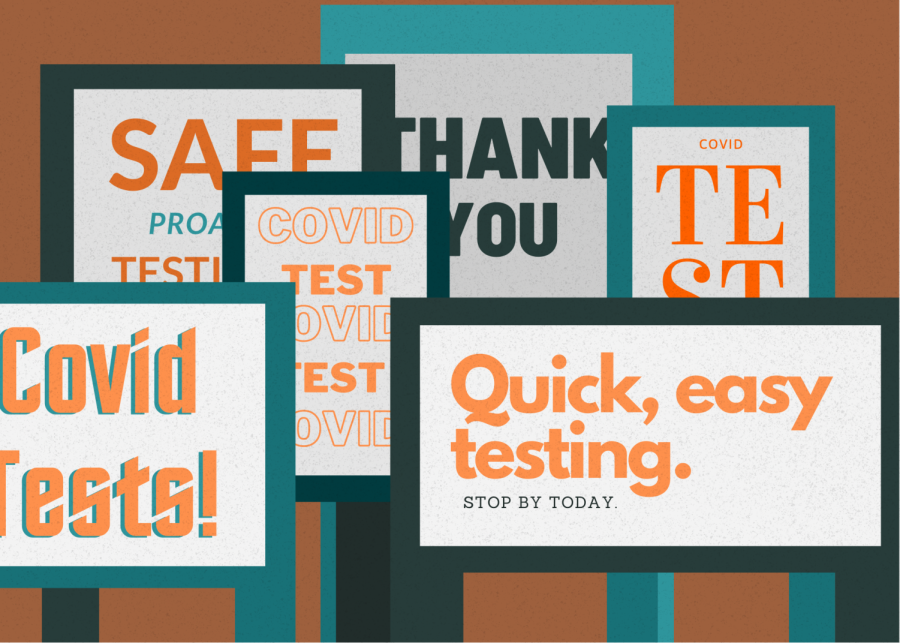Incentivize COVID-19 testing
October 11, 2021
Although there is no official testing requirement in place, UT encourages students, faculty and staff to test for COVID-19 weekly. To increase participation, the University has opened more Proactive Community Testing sites that have the capacity to test 15,000 people per week. However, the participation rate still remains low. Only 7,687 tests were administered last week.
While 7,687 tests sounds like a large number, it is important to note that the University has a student body of over 50,000 and faculty of over 3,000, meaning that only about 14% of the campus community is participating in routine testing. This participation rate does not help give the University an accurate picture of the COVID-19 infection rates on campus.
UT needs to promote COVID-19 testing by incentivizing it. Only a little over half of available COVID-19 tests were used last week, and those results are not enough to identify an accurate rate of infection on campus. This lack of testing creates a false narrative of security and safety.
Last year, UT offered incentives for getting tested, such as raffling $50 gift cards from local and national vendors to students participating in the PCT program. However, that incentive was replaced by the current vaccine incentive for the UT community, which raffles cash prizes, gift cards and football game tickets every week. With the vaccine incentive having ended on Oct. 8, the University should bring back the testing incentive to promote a more health-conscious community.
Architecture freshman Ryan Kunu agreed that a testing incentive, like the vaccine incentive, would encourage the UT community to be proactive and test more often.
“I know a lot of people that were like, ‘Oh I have my vaccine card, I’m gonna get free (prizes) now,’ and they were really excited about that,” Kunu said. “I think that (a COVID-19 testing incentive) would actually incentivize more people to be tested regularly.”
Incentivizing testing will help stop the silent spread of COVID-19 on campus. For example, students may be more likely to go out and test for the sake of the incentive, regardless of whether they are showing COVID-19 symptoms or not. This means that asymptomatic cases will be reported more frequently and reduce the number of silent outbreaks on campus.
The University is looking into ways to implement incentivized COVID-19 testing.
“We are currently looking at options to incentivize testing and are currently working out the details. We hope to be able to share more information soon,” said Cheryl Le Gras, director of Student Activities, in an email.
However, the testing incentive should not take the same format as the vaccine incentive. A new format that includes more prizes and allows for more winners would be more beneficial to motivate more campus community members to test for COVID-19.
Every Saturday, UT should raffle three different prizes such as gift cards, T-shirts and football tickets. Every time an individual gets tested throughout the week, they will have one entry for the raffle, with a maximum of two entries per week. This will help encourage the UT community to test twice a week, following the University’s recommendation.
A weekly COVID-19 testing incentive has the potential to bring more people out to test and will help identify asymptomatic cases much faster. Not only will students proactively test for COVID-19 for a chance to win a raffle, but they will also be helping UT win the fight against COVID-19.
Ponce is a journalism freshman from Laredo, Texas.



